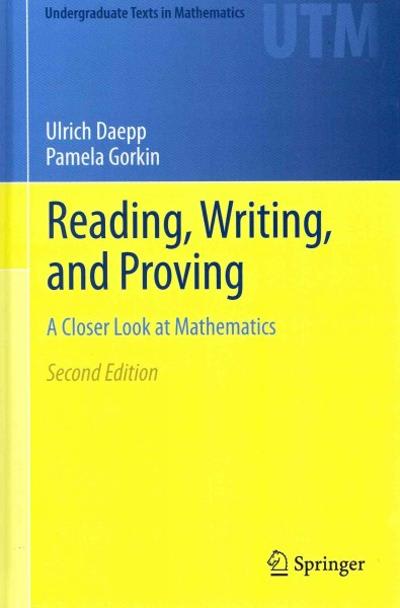Question
1. Same-sex marriage: In a recent ABC News/Washington Post poll, 1231 adults nationwide answered the question, Overall, do you support or oppose allowing gays and
1. Same-sex marriage: In a recent ABC News/Washington Post poll, 1231 adults nationwide answered the question, "Overall, do you support or oppose allowing gays and lesbians to marry legally?"
Of the respondents, 487 support same-sex marriage. What is the 95% confidence interval for the proportion of all American adults who support same-sex marriage?
http://www.washingtonpost.com/page/2010-2019/WashingtonPost/2015/04/23/National-Politics/Polling/release_395.xml
- (0.368, 0.423)
- (0.382, 0.41)
- (0.373, 0.419)
- (0.36, 0.432)
2. The ability to find a job after graduation is very important to GSU students as it is to the students at most colleges and universities.
Suppose we take a poll (random sample) of 3794 students classified as Juniors and find that 2828 of them believe that they will find a job immediately after graduation.
What is the99% confidence interval for the proportion of GSU Juniors who believe that they will, immediately, be employed after graduation.
- (0.738, 0.752)
- (0.727, 0.764)
- (0.734, 0.757)
- (0.732, 0.759)
3. Based on the limited amount of available student parking spaces on the GSU campus, students are being encouraged to ride their bikes (when appropriate).
The administration conducted a survey to determine the proportion of students who ride a bike to campus. Of the 127 students surveyed 6 ride a bike to campus.
Which of the following is a reason the administration should not calculate a confidence interval to estimate the proportion of all students who ride a bike to campus? Check all that apply.
- The sample needs to be random but we don't know if it is.
- The actual count of bike riders is too small.
- The actual count of those who do not ride a bike to campus is too small.
- n*^pis not greater than10.
- n*(1^p)is not greater than10.
Step by Step Solution
There are 3 Steps involved in it
Step: 1

Get Instant Access to Expert-Tailored Solutions
See step-by-step solutions with expert insights and AI powered tools for academic success
Step: 2

Step: 3

Ace Your Homework with AI
Get the answers you need in no time with our AI-driven, step-by-step assistance
Get Started


